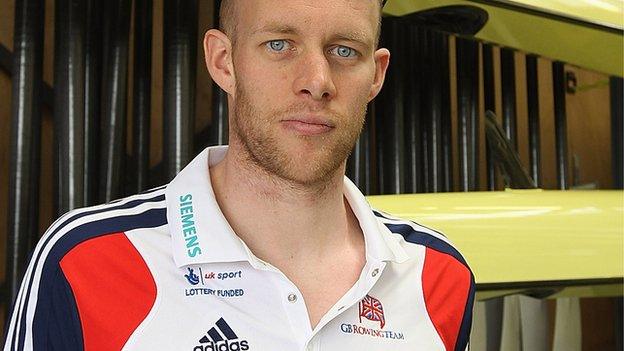Paralympian on what motivates him after life-saving op
- Published
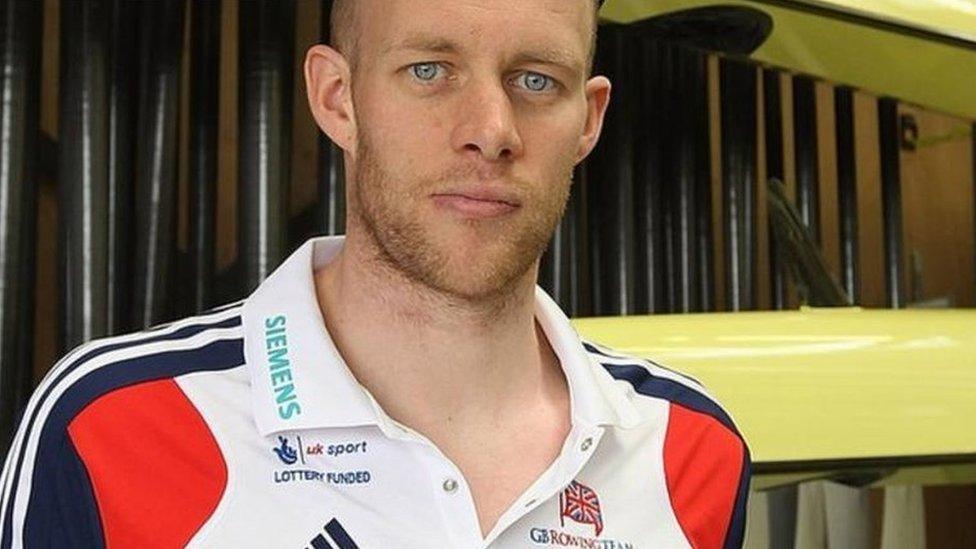
Last week, Paralympian David Smith saw the first MRI scan in almost four years that did not show evidence of a life-threatening tumour. He says it allows him, for the next six months at least, to focus on his goals.
To say Smith has a passion for sport is an understatement.
The Scottish athlete has competed in shinty, skiing, athletics and karate.
In 2002, he was the brakeman in a British World Cup bobsleigh team and 10 years later won a gold medal as a rower in a mixed coxed fours at the London Paralympics.
But there have been severe challenges to his sporting successes.
Aviemore-based Smith was born with a club foot and spent the first three years of his life having his bones broken and reset to correct his foot alignment.
Later, in 2010, doctors discovered a large tumour embedded in his spine and emergency surgery resulted in temporary paralysis.
He recovered in time to compete at the London 2012 Paralympics, but the tumour was found to have returned in 2015.
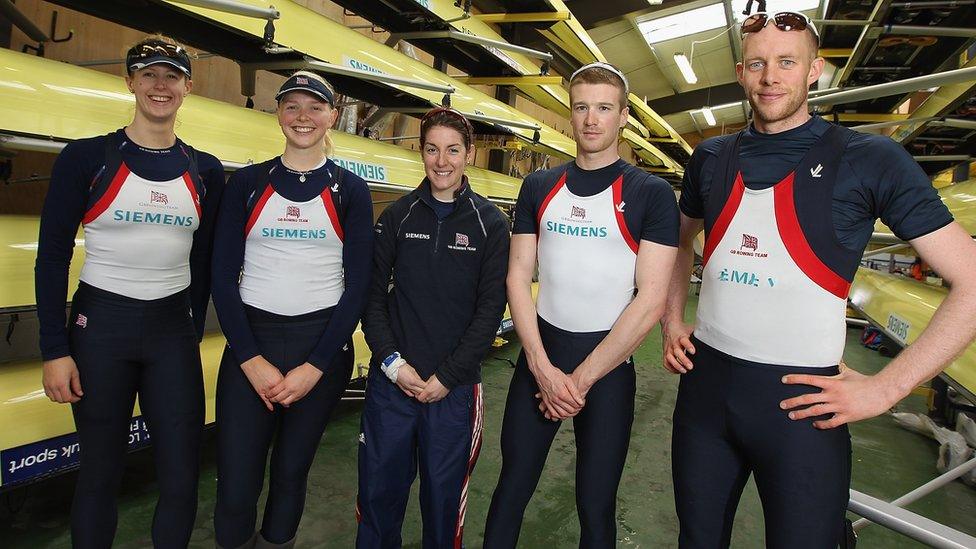
David Smith, far right, during a break in training in rowing for London 2012
Smith hoped to delay surgery just long enough to allow him to compete in cycling at the Rio 2016 Paralympics.
But the tumour grew so much that, if it was left alone, it would have crushed his spinal cord and stopped him from breathing.
Smith set aside his dream of competing in Rio and underwent life-saving surgery.
'I just started crying'
As part of his recovery, he must have regular MRI scans at a specialist in England to monitor his cancer. The result he was given last week involved the first scan since 2013 that did not show a tumour.
"Going to Oxford used to be something I would dread," says Smith. "So the news I got there last week took time to soak in.
"It took two or three hours for it to sink in. When it did sink in I was on the train home and I just started crying."
He adds: "I will have six-monthly scans for the next five years. The nature of the tumours is that they can reoccur because they are linked to a potential genetic condition.
"But for the next six months, at least, I know there is nothing there and I can focus on my goals."
The goals include completing a daily routine of rehabilitation to build up his strength.
They also include Smith's hope of competing for Great Britain in cycling time trials at European events over the summer.
And to ride the 434-mile (700km) Route des Grandes Alpes, a cycle trip up and down alpine roads that begins near Geneva and ends on the French Riviera.
Smith, of course, plans to push the journey a little further and finish in Monaco and meet up with a friend.
"He twisted my arm," says Smith.
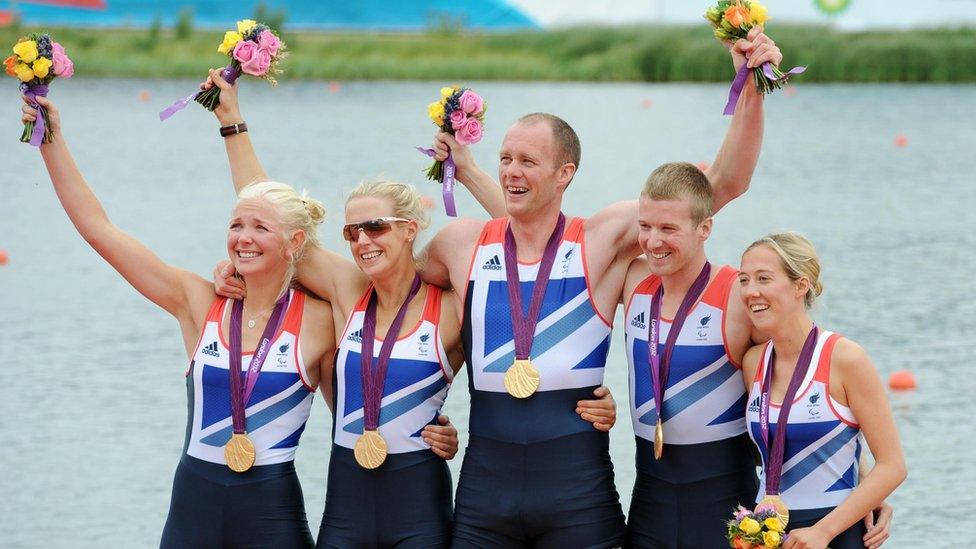
David Smith and his team-mates celebrating their gold medal win
The athlete adds: "I've still to get back on a bike properly first.
"I can ride a static bike and I've been on a mountain bike, but not on the type of bike used for time trials.
"Because I'm so tall, I also need a really big bike and this throws up challenges balancing properly. The difference between a mountain bike and the ones I use in a time trials is like that between flying a drone and Tornado jet."
Smith has the added challenging of having to avoid falling off a bike.
"The tumours are weird," he says. "A fall can trigger something. I can't risk a fall."
When it comes to returning to competition, Smith has yet another concern.
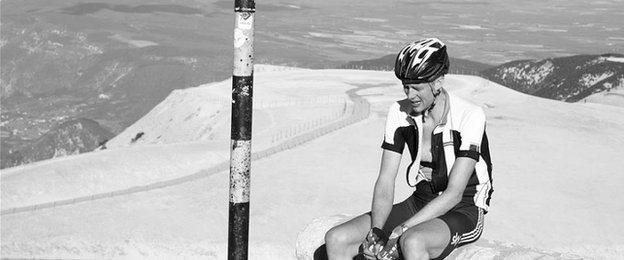
Smith has already planned on returning to the saddle
"I'm always mindful that the pressure I put myself under could lead to depression," says Smith, who was shocked to learn of London 2012 Olympic silver medallist Michael Jamieson's battle with depression.
"Many athletes have told how it is something they don't know is happening, and is happening because of the pressure they are putting themselves under."
So why, after everything he has been through and achieved, does Smith feel that he has to compete at cycling or complete a miles-long ride through the Alps?
He says he wants to be able to look in a mirror and be content that he has "given it his all", but also continue doing what others with cancer say he inspires in them.
"I get so many emails from people who say they have listened to my story, or read something about me, and that it encourages them to go out and try something - even to get out of the house and walk 10 steps. It is so humbling.
"There was a boy I met in Yorkhill Hospital who had lost a leg to cancer and he wanted to be a blade runner.
"I've just learned that he has sadly died.
"But for a moment he had hoped and believed that he was going to be a blade runner.
"For me to keep trying is more important and worthwhile than winning medals."
- Published3 March 2016
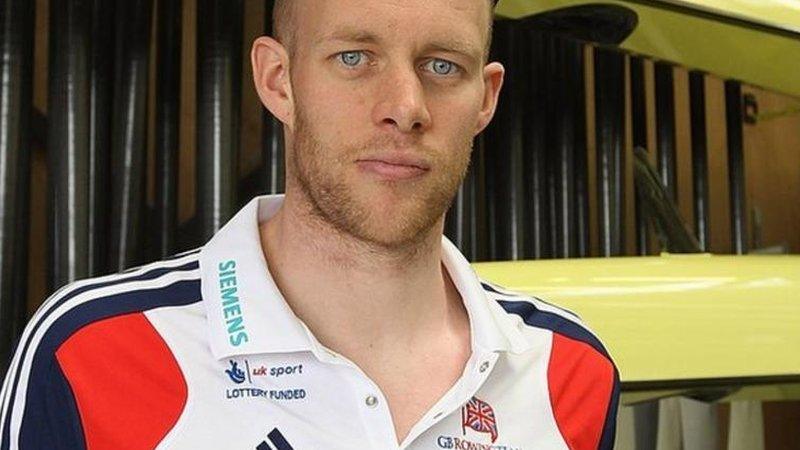
- Published1 March 2016
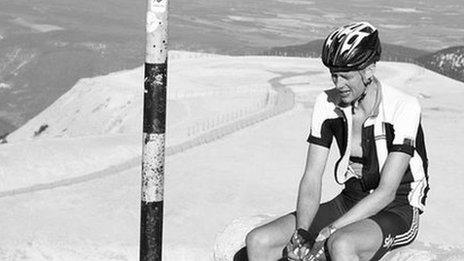
- Published19 February 2016

- Attribution
- Published13 February 2016
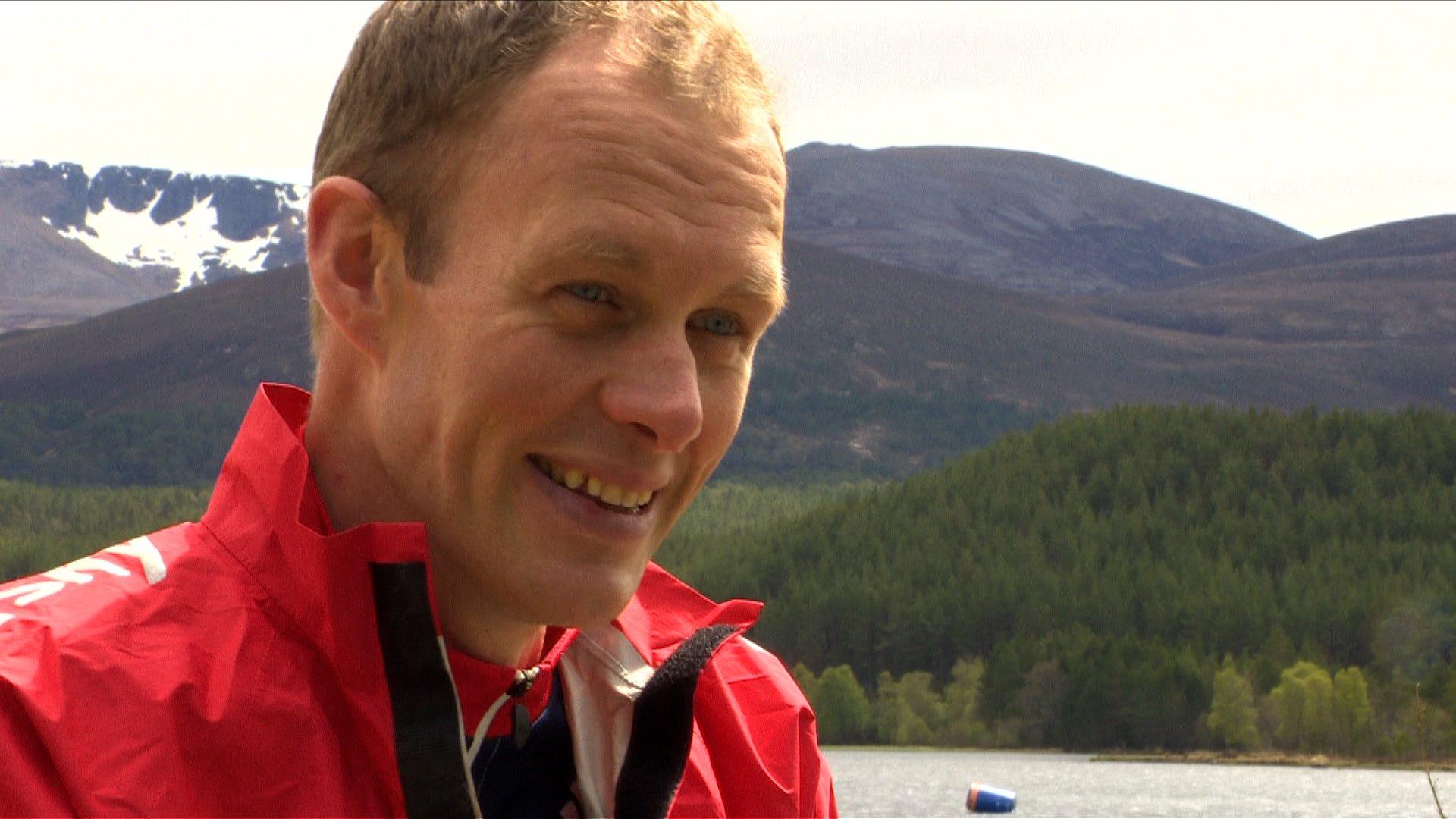
- Attribution
- Published28 November 2013
